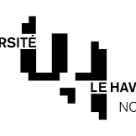Introduction
Le Havre Normandy University is located in Le Havre, Upper Normandy, France. It is a comprehensive public university. The university is based on science and engineering and has outstanding teaching and research results in many disciplines.
Overview
Student size: Currently, there are more than 8,200 students.
Number of teachers: There are more than 1,000 faculty members, including more than 500 teachers with doctoral degrees or associate professors or above.
History
Le Havre Normandy University was founded in 1984. Its predecessor was Le Havre University. It celebrated its 30th anniversary in March 1994.
Establishment time
1984.
School strength
Teaching quality: As a public university, it has rich teaching resources, focuses on cultivating students' practical ability and innovative thinking, provides students with a good learning environment and development opportunities, and cultivates students with strong competitiveness in the job market.
Research level: The school has 11 research laboratories with strong research capabilities. It mainly conducts research around the four major research axes of humanities and social sciences, chemistry-biology, mathematics-computer informatics, and engineering, and also focuses on interdisciplinary research.
Institutional nature
Public non-profit higher education institution.
Educational philosophy
Committed to supporting students' personal and professional development, putting students' success at the core, focusing on initial training, lifelong training, career guidance and integration, research and innovation, international cooperation, and economic and social participation.
Key laboratories and disciplines
Key laboratories: The school has 11 research laboratories, such as chemistry-biology, mathematics- Computer informatics and other related laboratories provide an important platform for scientific research.
Key disciplines:
Automation: It is one of the traditional advantageous disciplines of the school. It has an excellent teaching team, advanced equipment and good experimental conditions. It is the automation research center in northwest France.
International trade: It has in-depth research and teaching in the fields of international trade, banking and international finance, and has cultivated many economic management talents with international vision and professional quality.
Marine and port law: Combining the geographical advantages of Le Havre as a port city, it has outstanding research and teaching results in related legal fields such as marine and port law, and has cultivated professional legal talents for related industries.
Coastal and port engineering: This discipline focuses on the combination of theory and practice, and has cultivated a group of engineering and technical talents with solid professional knowledge and practical ability in the field of coastal and port engineering.
Department
The school has five colleges, including the School of Science and Technology, the School of International Trade, the School of Humanities and Social Sciences, the School of Industrial Technology (IUT) and the School of Logistics (ISEL), covering nearly 100 undergraduate majors and dozens of master's and doctoral degree awarding points.
Ranking
In 2024, the school ranked 112th in France and 2909th in the world. .
Expenses
Tuition fees: The tuition fees of French public universities are fully covered by the state. Students only need to pay the registration fee. The registration fee for undergraduates is generally around 170-300 euros, and the registration fee for masters and doctoral students is about 200-400 euros.
Living expenses: The living expenses in Le Havre vary from person to person, generally including accommodation, food, transportation, daily necessities, etc., which cost about 800-1200 euros per month.
Campus
Campus distribution: The campus is located in Le Havre, which is an urban campus and is closely integrated with urban life.
Teaching facilities: The school is equipped with modern teaching buildings, libraries, laboratories and other teaching facilities, providing students with a good learning environment.
Living facilities: There are various restaurants, cafes, supermarkets and other living facilities around the campus to meet the daily needs of students. In addition, the school also provides students with a wealth of sports facilities and cultural activities to promote the all-round development of students.
-

University of Angers
-
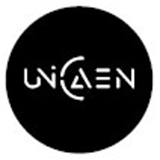
University of Caen Normandy
-

University of Bordeaux
-
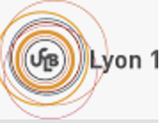
Claude Bernard University Lyon 1
-
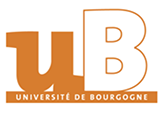
University of Burgundy
-

CY Cergy Paris University
-
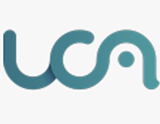
Clermont Auvergne University
-
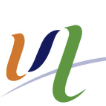
University of Artois
-
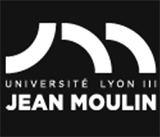
Jean Moulin University Lyon 3
-

University of Franche-Comté
-

Mesoamerican University
-

Istmo University
-

Mariano Galvez University of Guatemala
-

Regional University of Guatemala
-

Galileo University
-

Francisco Marroquín University
-

Rafael Landívar University
-

University of the Valley of Guatemala
-

University of San Carlos of Guatemala
-

Technological Institute of Tlaxcala Plateau
-

Golfo University
-

Technological University of South Sonora
-

Technological University of Huejotzingo
-

Tizimín Institute of Technology
-

Chilpancingo Institute of Technology

